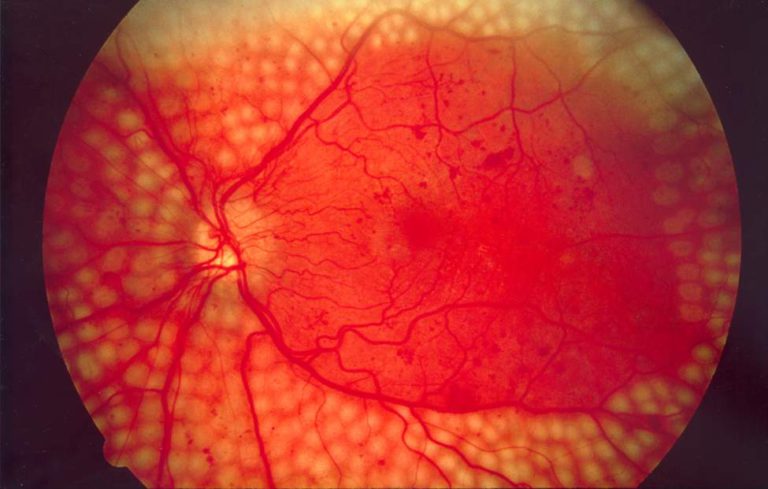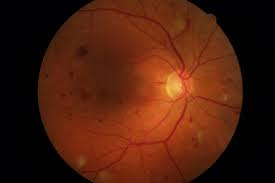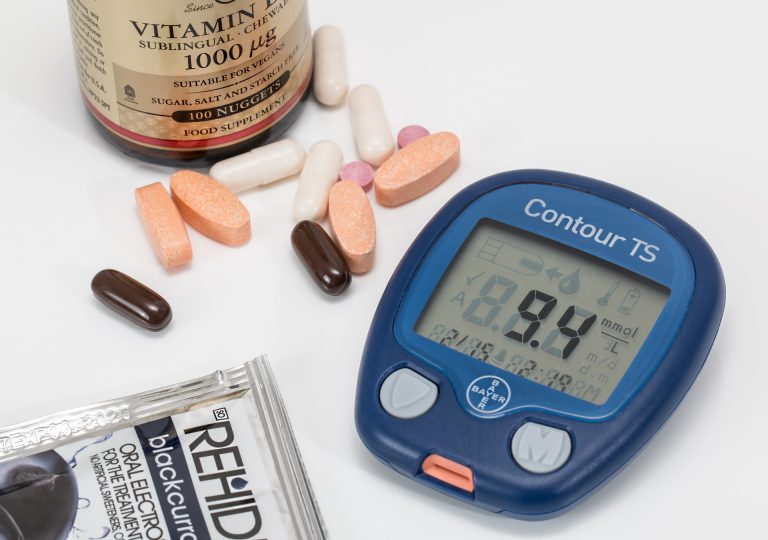How to Prevent Diabetic Blindness
If you suffer from diabetes, you could be at a higher risk of developing diseases that affect your eyesight. Eye diseases that are common in patients with diabetes include diabetic retinopathy, cataracts, and glaucoma, just to name a few! These diseases usually progress slowly over a period of time and affect the vision of the…









